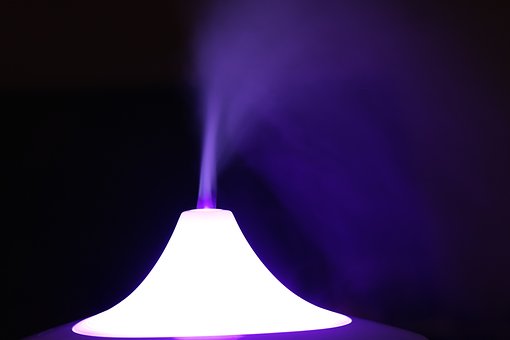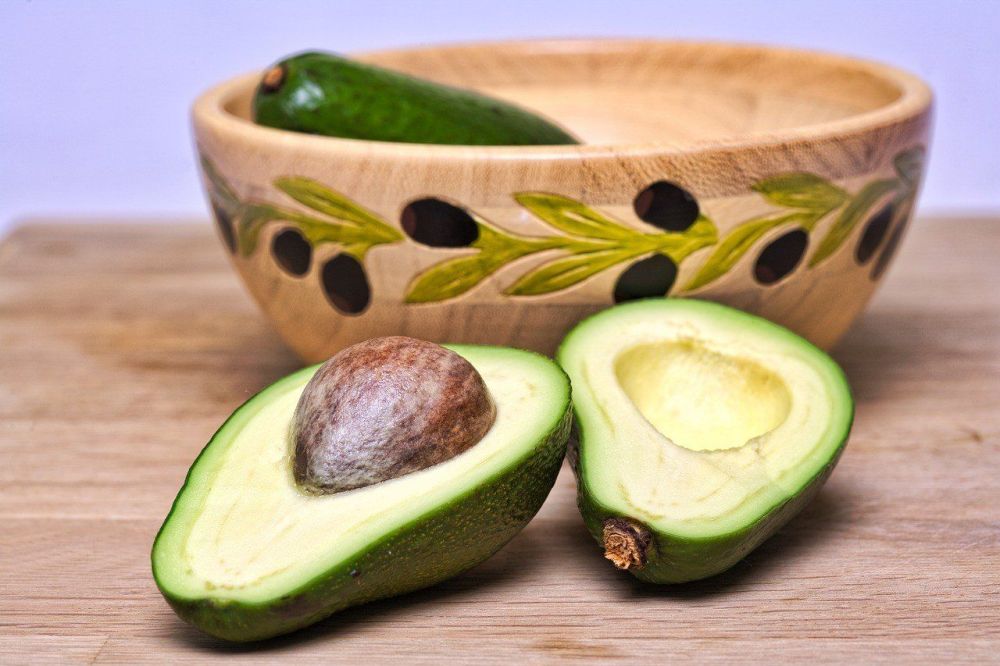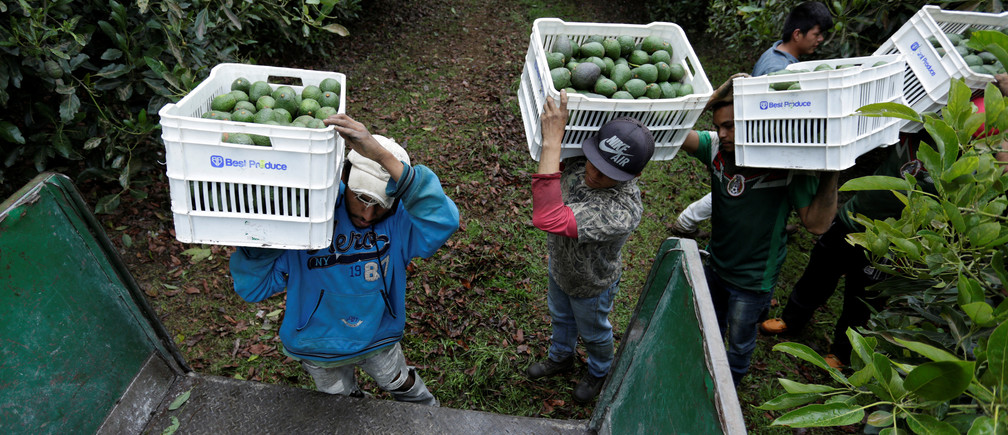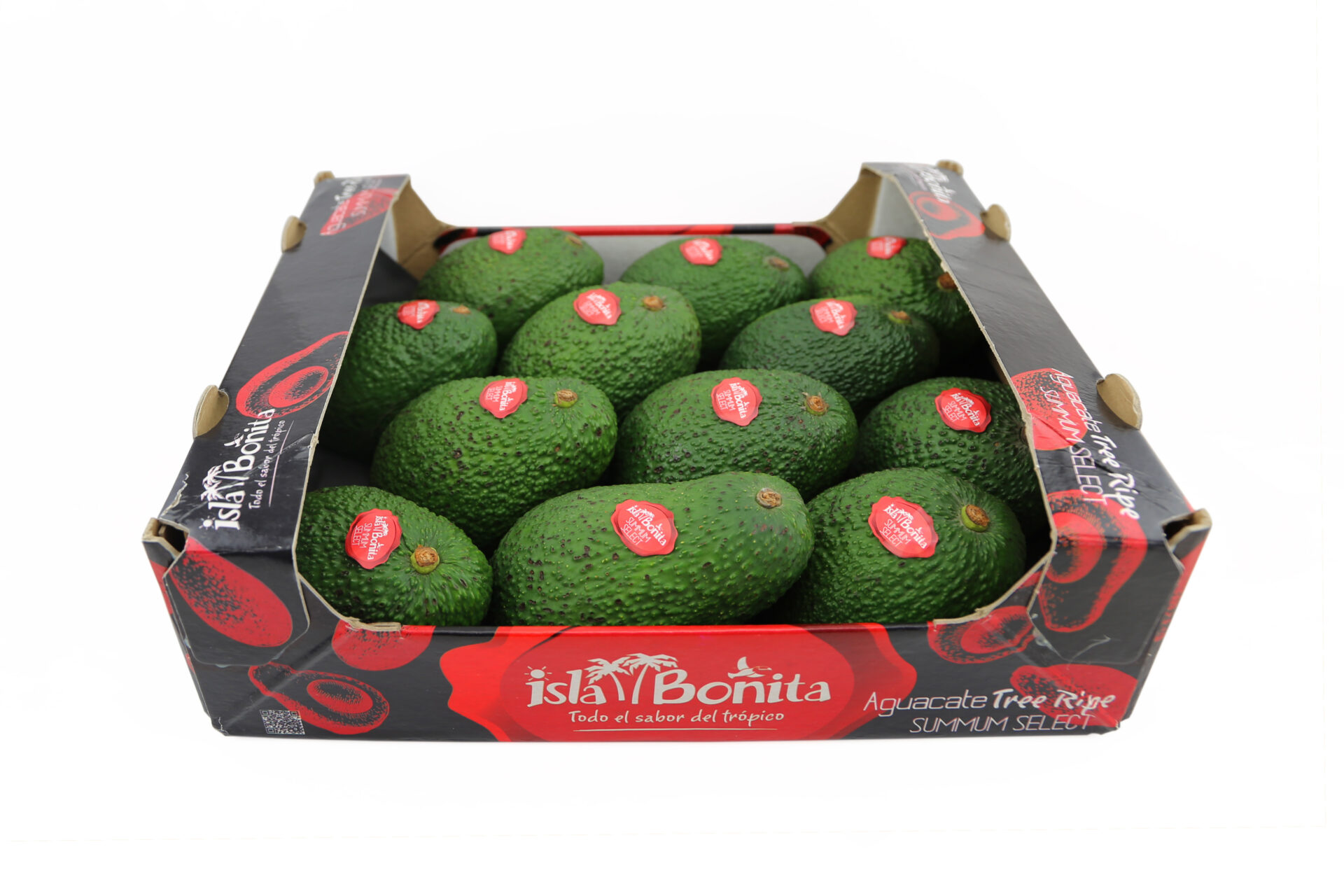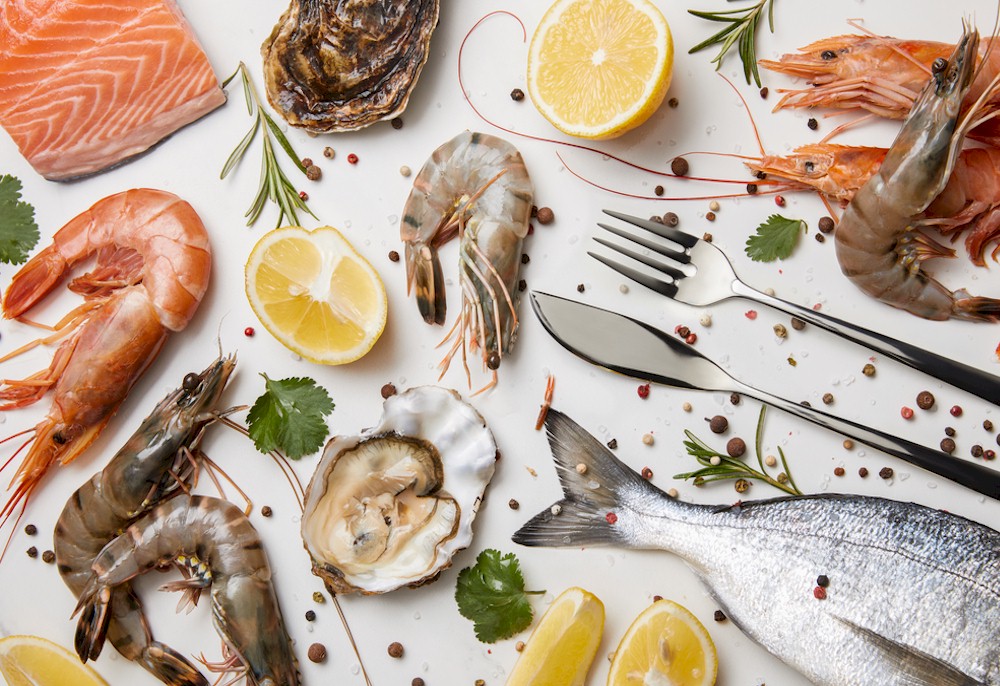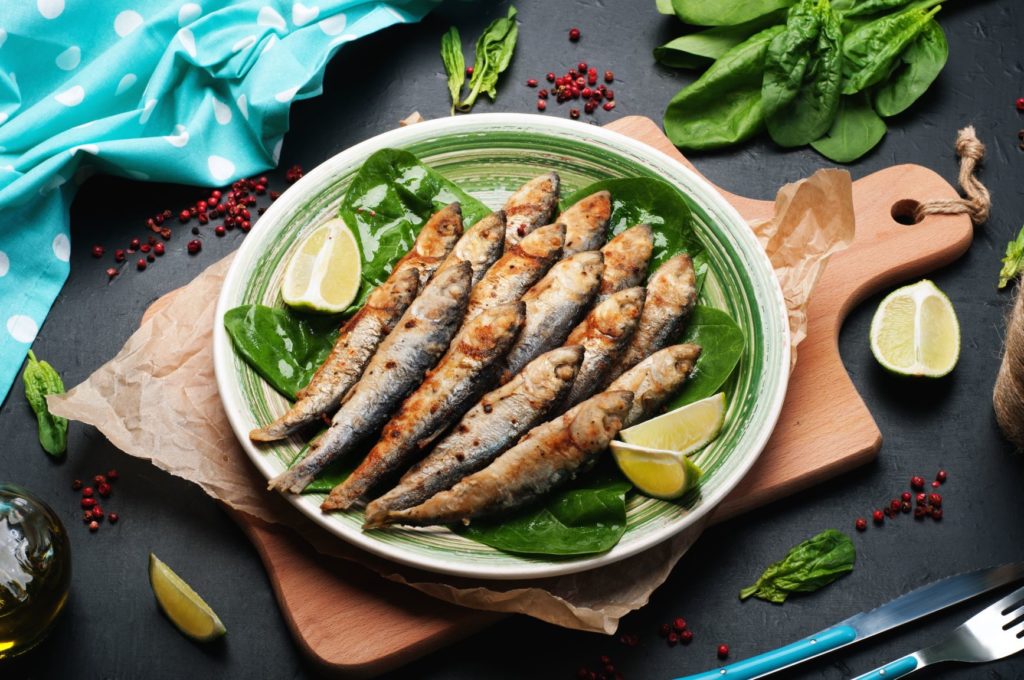Do you suffer from nasal congestion, dry skin, or colds every winter? It can happen to anyone! That’s why we like to start the season off well by investing in a dependable humidifier. Humidifiers keep us warm and hydrated by adding just the right amount of moisture to the air.
While Vicks and Dyson’s humidifiers are popular, they aren’t necessarily the most environmentally friendly since they sometimes require plastic filters or a lot of power. Instead, these are the finest humidifiers for an environmentally conscious house that use energy-saving technology, paper filters (or none at all! ), and automated controls. Many are dual-purpose air purifiers and humidifiers and humidifiers and diffusers—perfect for the winter!
Check out these eco-friendly air purifiers if you want two different units. Better still, try these indoor plants that are naturally clean and provide moisture to your home’s air!

1. The Canopy
Excell at purifying and humidifying the air. Paper filters, incorporated UV lamps, sophisticated sensors, replacement filter subscription accessible, USB-C charger are just a few of the features.
Size | 500 sq. Ft. and up
Price: $150.00
Look no further than Canopy for a healthy humidifier for both the air and your health. It cools down rooms up to 500 square feet for up to 36 hours of continuous use while also utilizing anti-mold and UV sensor technology to ensure that the air is as pure as possible.
This air purifier and humidifier combo will aid with dryness and dullness, nasal congestion and cough, and scent diffusion as required. For the most environmentally friendly clean, it exclusively utilizes paper filters.
2. Vornado
Ideal for medium-sized areas. Energy-efficient, with auto-humidity management and water-level sensors, as well as 5- and 10-year warranties.
Size | 750 sq. Ft. feet
Cost | $89.99
We like the energy-efficient humidifier from Vornado, prominent air circulation and humidifier manufacturer. The EVDC3000 humidifier uses 90% less energy than a standard Dyson or Vicks humidifier and can cover up to 750 square feet at once. We like that it includes auto-humidity management, low water indications, and a long guarantee, all for less than $100.
3. Missed Global
Wireless, transportable power bank, two nano-mist adjustable sprays, USB charger, seven-color lights, numerous warranties, and a 30-day trial return policy. Best known for its power & mobility.
Size | Up to 150 sq. ft.
Cost | $85
Missed Stella, one of three models in a series from Global, combines power and mobility for the greatest air care. It’s a 12-hour-running wireless air humidifier that’s ideal for the office, bedroom, or even the vehicle for road trips. Are you looking for something that is quick-acting, low-maintenance, and portable? And cleaning it takes less than 30 seconds? Consider us perplexed.
4. Objecto
It can be used without a filter. It is remote-controlled, has an automatic shut-off feature, and has a detachable water tank.
Size | Up to 800 sq. ft.
Cost | $299.99
The Objecto H9 Tower Hybrid Humidifier is one of the few filter-free humidifiers on the market, which means no single-use accessories are required. With a height of three feet, it provides tremendous coverage of up to 800 square feet. Even though it’s an investment, this hybrid humidifier comes with remote control, scent settings, automatic shut-off, and nearly 22 hours of continuous use.
5. Essentique
Made in the USA with earth-friendly materials, essential oil diffuser, automatic shut off
Size | Up to 500 sq. Ft.
Price | $120
If you like humidifiers and diffusers, check out the all-in-one Essentique Casa Aroma Diffuser. It produces 2.5 million ultrasonic vibrations each second, releasing clean, fresh air that is perfumed with your favorite essential oil. It’s as functional as stylish, with multiple color options, an LED light, and a porcelain base. It’s a pleasant approach to obtaining a good night’s sleep because it has an automatic shut-off.
Do you find any of these humidifiers interesting? Let us know in the comments…
